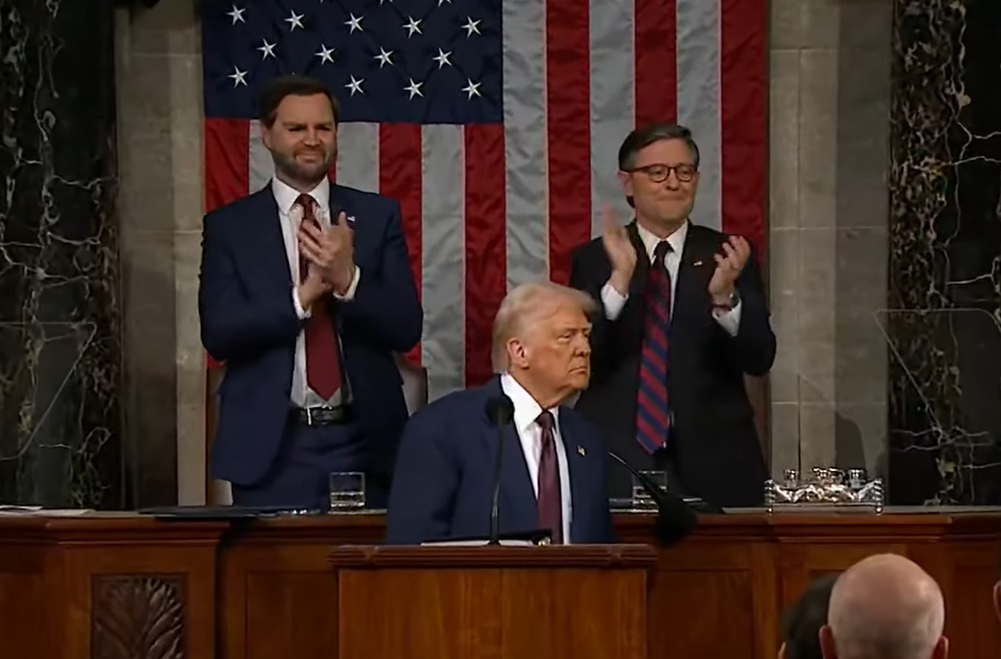President Donald Trump has unveiled a new immigration proposal aimed at attracting affluent foreigners by offering a special visa, referred to as the ‘Gold Card,’ for a hefty price of $5 million. This initiative, which would replace the existing EB-5 Immigrant Investor Program, seeks to bring in high-net-worth individuals who can significantly contribute to the U.S. economy.
The Gold Card visa would grant holders the right to live and work in the United States, providing them with privileges that go beyond those of a standard green card. It would also offer a pathway to U.S. citizenship, making it an appealing option for wealthy investors looking for permanent residency. According to Trump and his allies, this program could generate substantial revenue for the U.S. government while attracting individuals who are capable of making large financial contributions to American businesses and infrastructure.
Howard Lutnick, a key figure backing the plan, emphasized that applicants would be thoroughly vetted to ensure they meet high standards of character and financial standing. The goal is to avoid misuse of the program while maximizing economic benefits. Trump’s team expects to sell up to one million Gold Card visas, potentially raising billions of dollars to help reduce the national deficit.
This proposal has sparked debate in political and business circles. Supporters argue that it will bring essential investment into the U.S. economy, create jobs, and stimulate various industries. Critics, however, see it as a way to give preferential treatment to the ultra-rich while making the path to residency even more challenging for less affluent immigrants.
The timing of the announcement suggests that the proposal could be a key element of Trump’s broader political strategy as he prepares for the upcoming election cycle. His supporters view it as a pragmatic solution to economic challenges, while opponents believe it further exacerbates wealth inequality in the immigration system.
If implemented, the Gold Card visa program could reshape the landscape of U.S. immigration policy. Whether it will gain legislative approval or face significant opposition remains to be seen. For now, it has ignited a national conversation on the intersection of wealth, privilege, and immigration in America.





